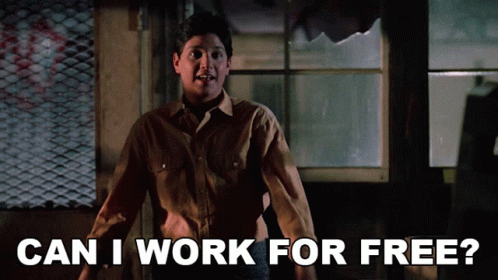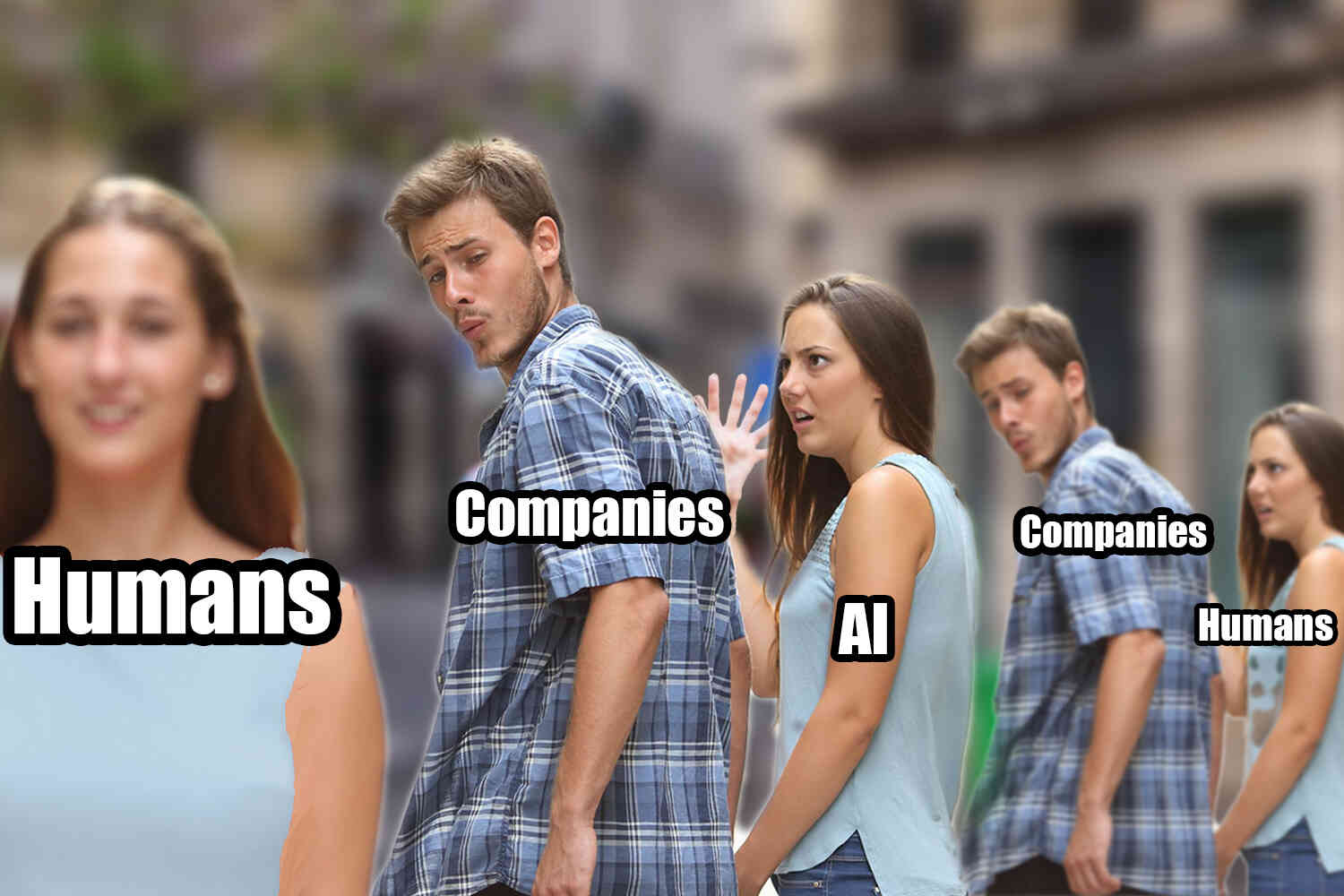It looks like AI has come full circle.
Company X hires employees to produce products, company X fires employees and spends millions on AI to save money producing products, then company X hires back employees to fix what AI did to their products.
According to NBC News, companies who tried to replace humans with AI are hiring humans to come in and fix all the stuff AI messed up.
Graphic designer Lisa Carstens said,
There are people who are aware that AI isn't perfect, and then there are people who come to you angry because they didn't manage to get it done themselves with AI. And you kind of have to be empathetic. You don't want them to feel like idiots. Then you have to fix it.
We live in a world of beta testing, where tech products are released toting sky-high promises and barely functioning, buggy software — in the hopes that users will test, find, and help fix their mistakes with little cost to the companies.

Why would AI be any different?
It's a bit of a wonder that so many companies jumped on the bandwagon, firing their coders, writers, artists, data analysts, etc., with a promise and a handshake from the tech companies that peddled SkyNet as the solution to all their money problems.
In fact, according to a recent market report from MIT, almost all the companies trying to integrate AI are losing billions.
Billions!

Despite $30 - 40 billion in enterprise investment into GenAI, this report uncovers a surprising result in that 95% of organizations are getting zero return. The outcomes are so starkly divided across both buyers (enterprises, mid-market, SMBs) and builders (startups, vendors, consultancies) that we call it the GenAI Divide. Just 5% of integrated AI pilots are extracting millions in value, while the vast majority remain stuck with no measurable P&L impact.
Freelance and Upwork have seen a huge upsurge in companies and individuals trying to find freelancers that will fix their AI generated mistakes.
But they want to pay a lot less since "AI already did so much of the work."
Freelance writer Kiesha Richardson explains,
AI tends to provide generic responses that don't answer questions as thoroughly as a human would, so rewriting an article also requires doing my own research on the topic at hand.
But many clients don't appreciate the work that goes into revamping a poorly written AI article…making AI sound more human can require just as much thinking and creativity as writing the entire article.
I am a bit concerned because people are using AI to cut costs, and one of those costs is my pay. But at the same time, they find out that they can't really do it without humans.
A lot of writers and artists are refusing to pick up AI-fixes because it's usually easier to just start from scratch, and the pay is better too.
Even coders are finding work fixing AI programs.
For India-based web and app developer Harsh Kumar, many of his clients say they had already invested much of their budget in 'vibe coding' tools that couldn't deliver the results they wanted.
But others, he said, are realizing that shelling out for a human developer is worth the headaches saved from trying to get an AI assistant to fix its own 'crappy code.' Kumar said his clients often bring him vibe-coded websites or apps that resulted in unstable or wholly unusable systems.
Who could've seen this coming?
P.S. Now check out our latest video 👇









